Monitoring: Non-reclaimed Oil Product Spill
Coordinates: 42.453691, 76.204075
Lake Issyk-Kul in Kyrgyzstan is threatened by an ecological disaster. A slowly creeping underground oil slick, resulting from a spill in the 1990s, is now just a few meters away from the lake.
During Soviet times, an oil depot was built in Balakchy, a city on the shores of Issyk-Kul. After the collapse of the USSR, both Balakchy, once a bustling railway hub, and the oil depot fell into disrepair. As a result of the deterioration of worn-out pipes at the oil depot, somewhere in the mid-1990s, oil products began to leak into the ground. According to experts, the leak of about 600 tons of oil products (approximately 4,400 barrels) has led to contamination of an area of about one hectare near the shores of the lake.
The residents of Balakchy nicknamed the site of the incident "Kuwait" - it constantly smells of diesel fuel. There were times when locals would dig holes and scoop out diesel with buckets. Now, almost nothing grows in that area. The ground is marked with black spots, and a pungent smell of gasoline fills the air. Oil and fuel have soaked into the soil and have come almost to the very shore.
Since 2006, the authorities of Balakchy have been urging government officials in Bishkek to help address the consequences of the pollution and to implement a plan to relocate the oil depot further from the lake. However, so far, almost nothing has been done. The city lacks funds, and attracting Bishkek's attention to this problem has also proven difficult.
In 2014, an Interdepartmental Commission was organized on this issue, which mandated the State Agency for Environmental Protection and Forestry, the Ministry of Emergency Situations, and other agencies to allocate funds and take all necessary measures. Materials on this case were also sent to the Balakchy Prosecutor's Office, which, in turn, issued a notice to the local administration to eliminate the ecological threat.
But these demands have not been realized, nor have proposals for the elimination of the oil slick been made, primarily due to the frequent changes in leadership within the city municipality. Experts note that if oil products reach the lake, currents will carry them for dozens of kilometers, including into the bays of Balakchy, Ak-Bulun, and Oholen, where 70 percent of all birds in the water area nest and winter.
Lake Issyk-Kul in Kyrgyzstan is threatened by an ecological disaster. A slowly creeping underground oil slick, resulting from a spill in the 1990s, is now just a few meters away from the lake.
During Soviet times, an oil depot was built in Balakchy, a city on the shores of Issyk-Kul. After the collapse of the USSR, both Balakchy, once a bustling railway hub, and the oil depot fell into disrepair. As a result of the deterioration of worn-out pipes at the oil depot, somewhere in the mid-1990s, oil products began to leak into the ground. According to experts, the leak of about 600 tons of oil products (approximately 4,400 barrels) has led to contamination of an area of about one hectare near the shores of the lake.
The residents of Balakchy nicknamed the site of the incident "Kuwait" - it constantly smells of diesel fuel. There were times when locals would dig holes and scoop out diesel with buckets. Now, almost nothing grows in that area. The ground is marked with black spots, and a pungent smell of gasoline fills the air. Oil and fuel have soaked into the soil and have come almost to the very shore.
Since 2006, the authorities of Balakchy have been urging government officials in Bishkek to help address the consequences of the pollution and to implement a plan to relocate the oil depot further from the lake. However, so far, almost nothing has been done. The city lacks funds, and attracting Bishkek's attention to this problem has also proven difficult.
In 2014, an Interdepartmental Commission was organized on this issue, which mandated the State Agency for Environmental Protection and Forestry, the Ministry of Emergency Situations, and other agencies to allocate funds and take all necessary measures. Materials on this case were also sent to the Balakchy Prosecutor's Office, which, in turn, issued a notice to the local administration to eliminate the ecological threat.
But these demands have not been realized, nor have proposals for the elimination of the oil slick been made, primarily due to the frequent changes in leadership within the city municipality. Experts note that if oil products reach the lake, currents will carry them for dozens of kilometers, including into the bays of Balakchy, Ak-Bulun, and Oholen, where 70 percent of all birds in the water area nest and winter.
The research was conducted with the support of the Global Greengrants Fund (GGF), one of the leading donor organizations in the world that supports the efforts of ordinary people to protect the planet Earth. #GlobalGreengrantsFund #GreengrantsFund #Greengrants #GGF #GlobalGreengrantsFund

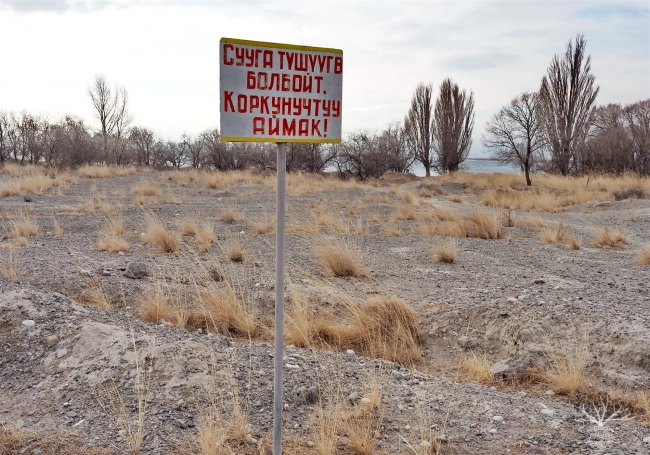
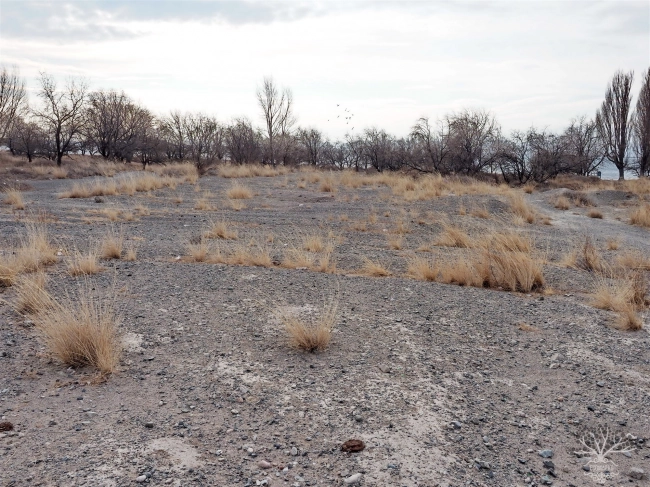
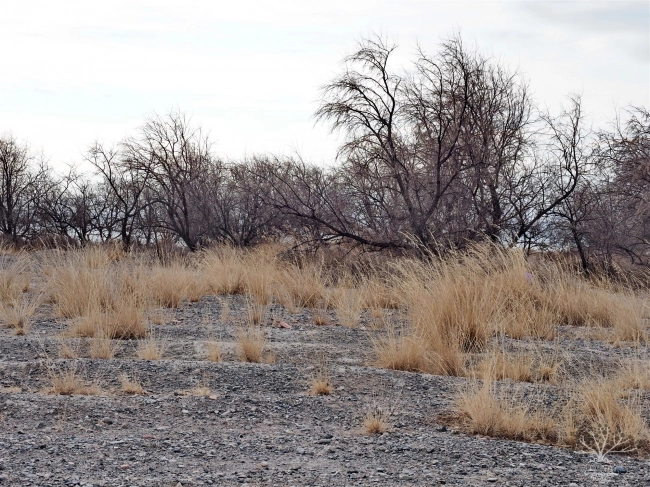
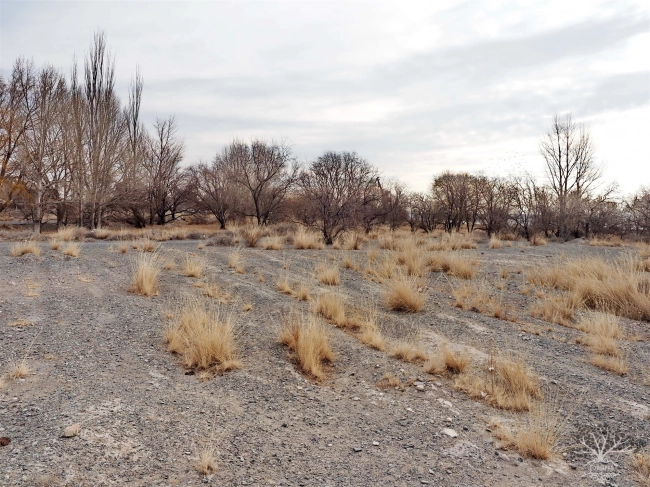
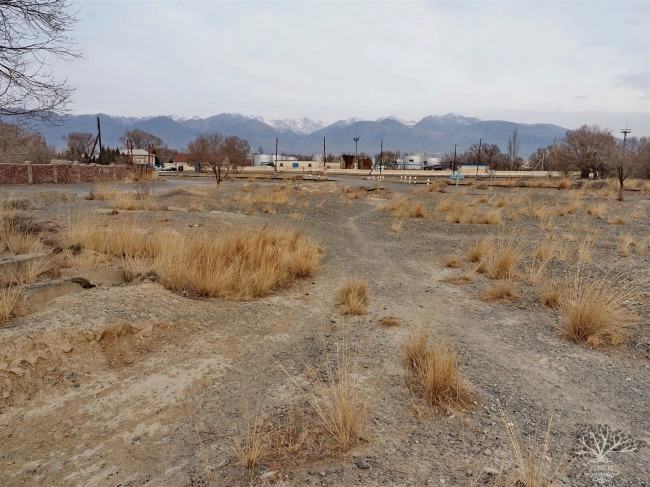
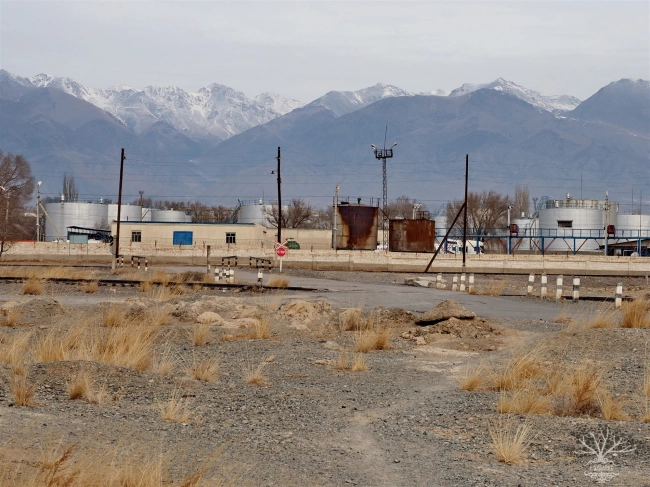
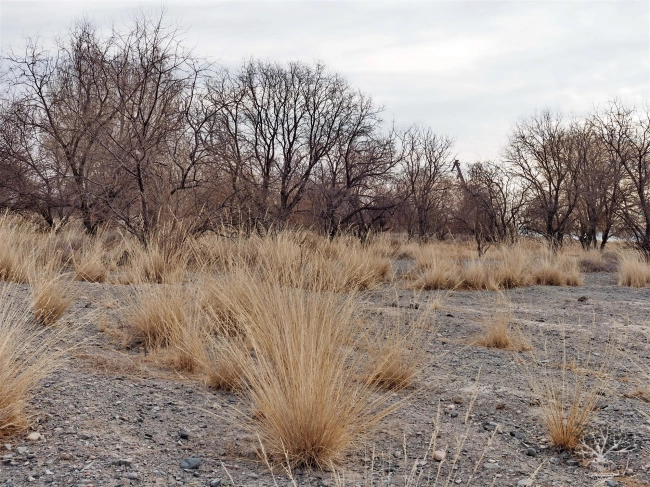
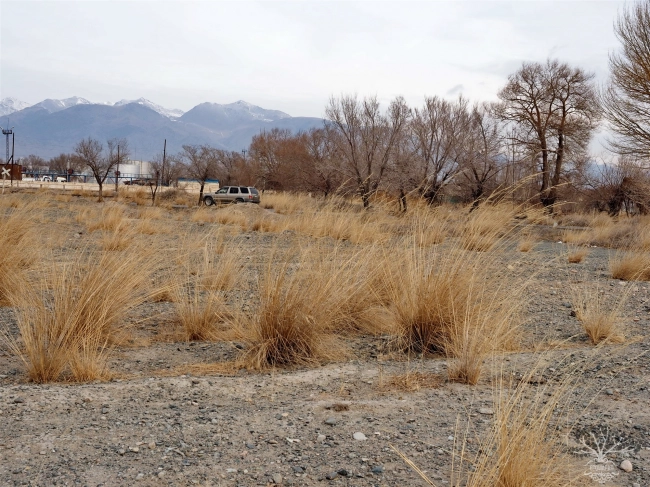
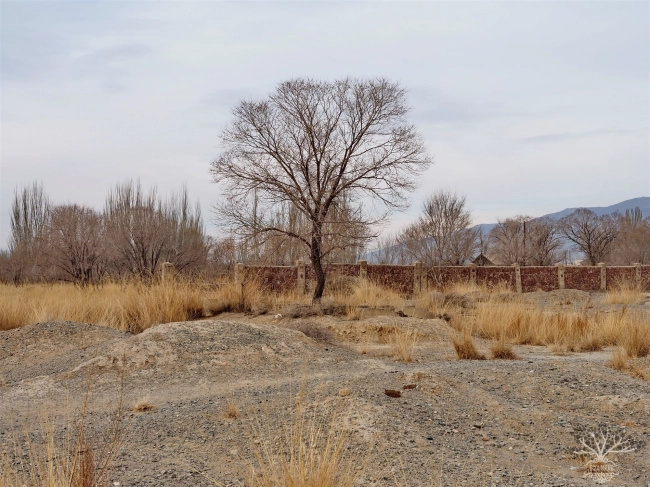
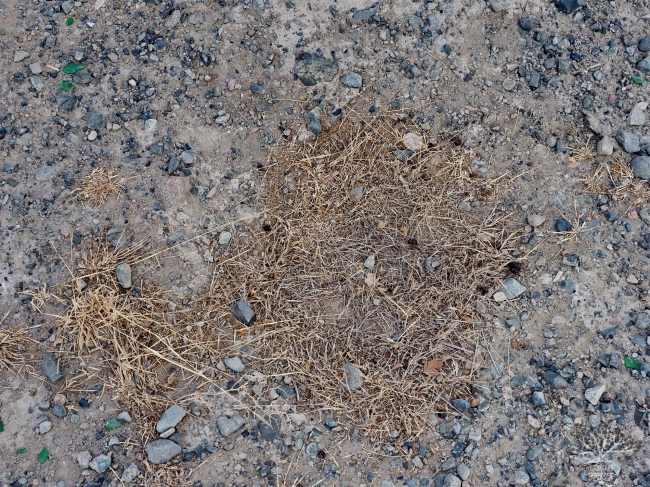
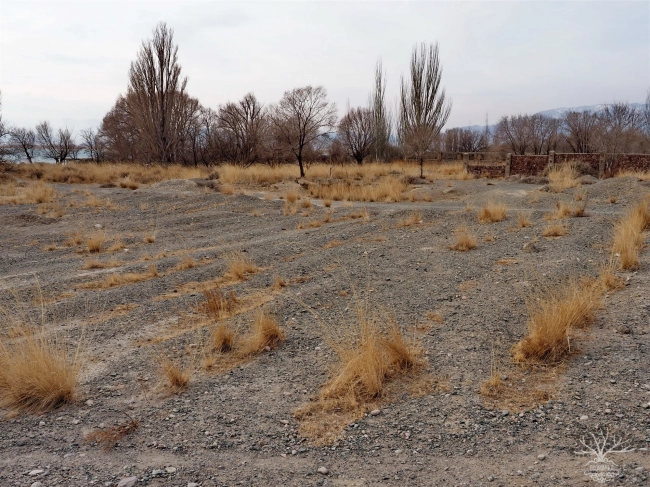
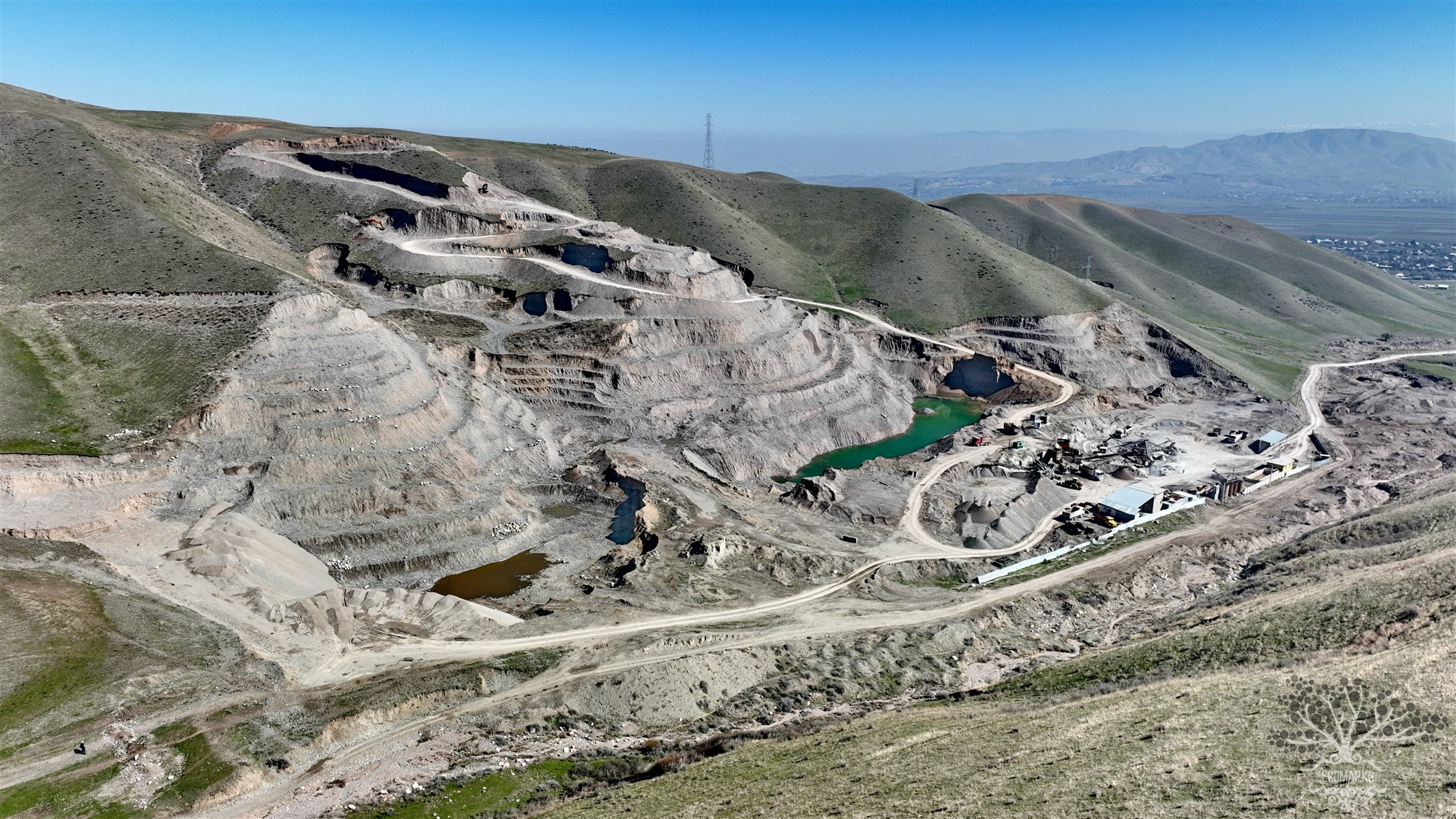
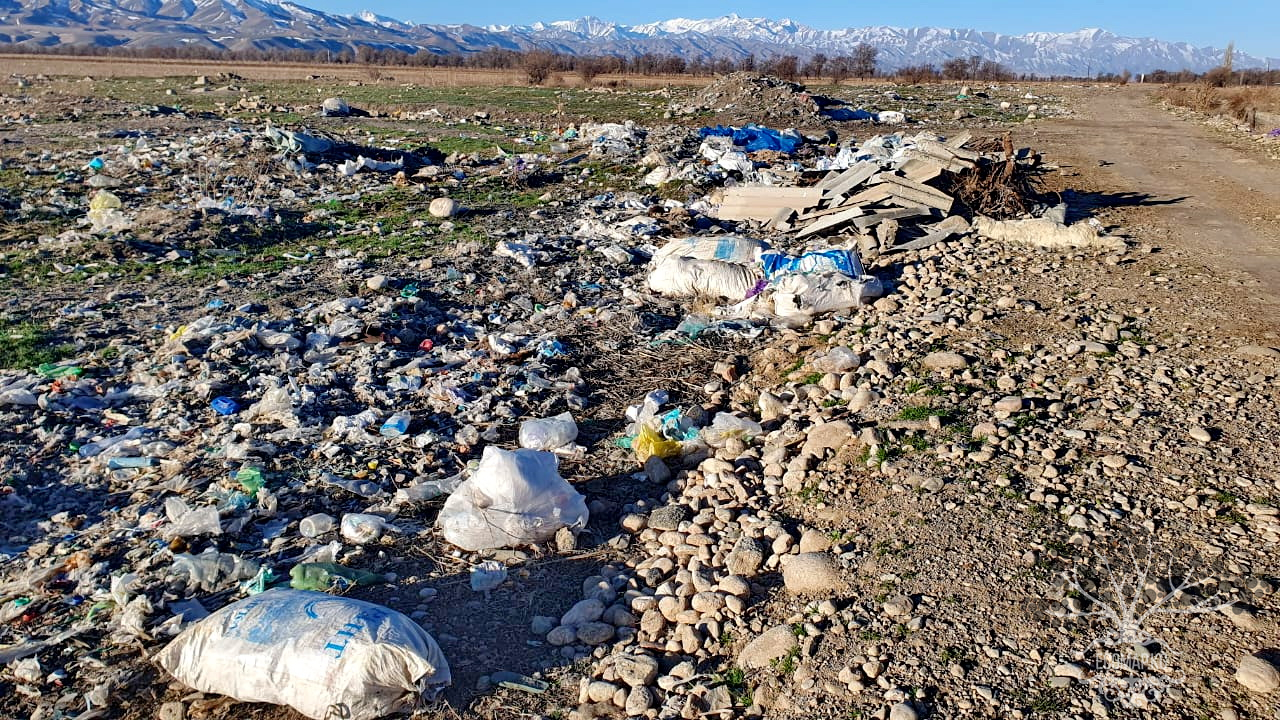
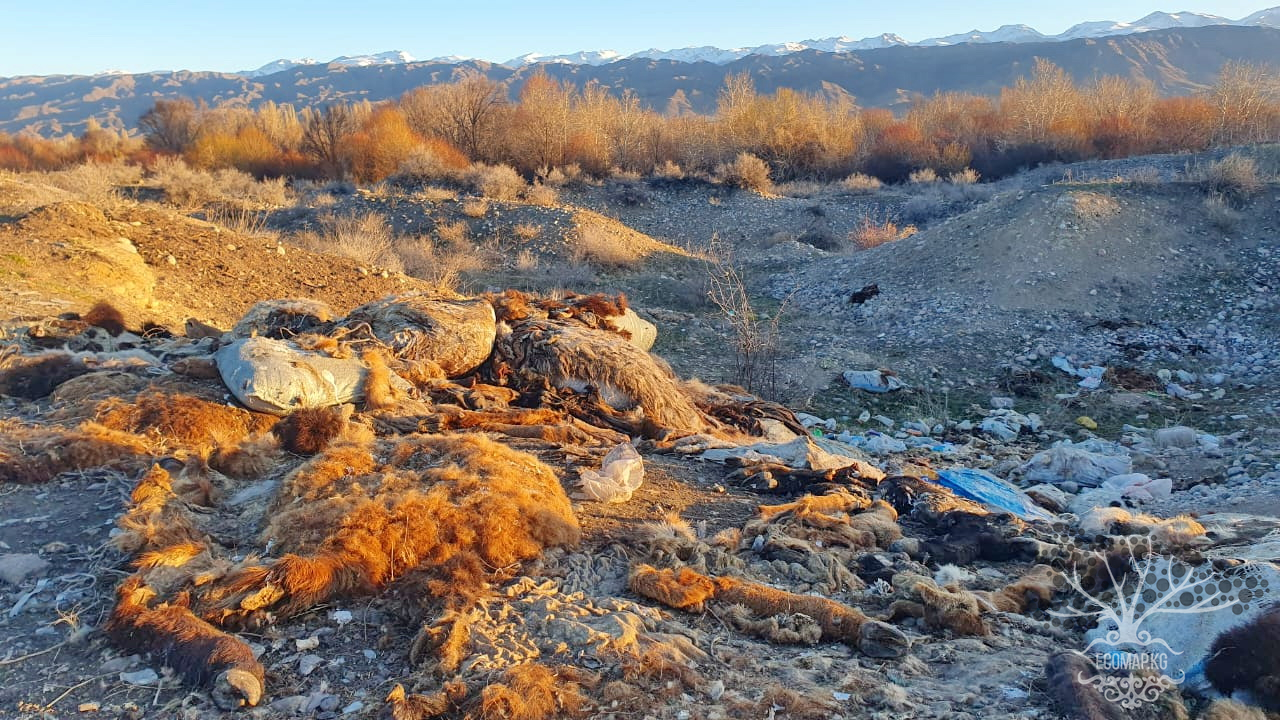
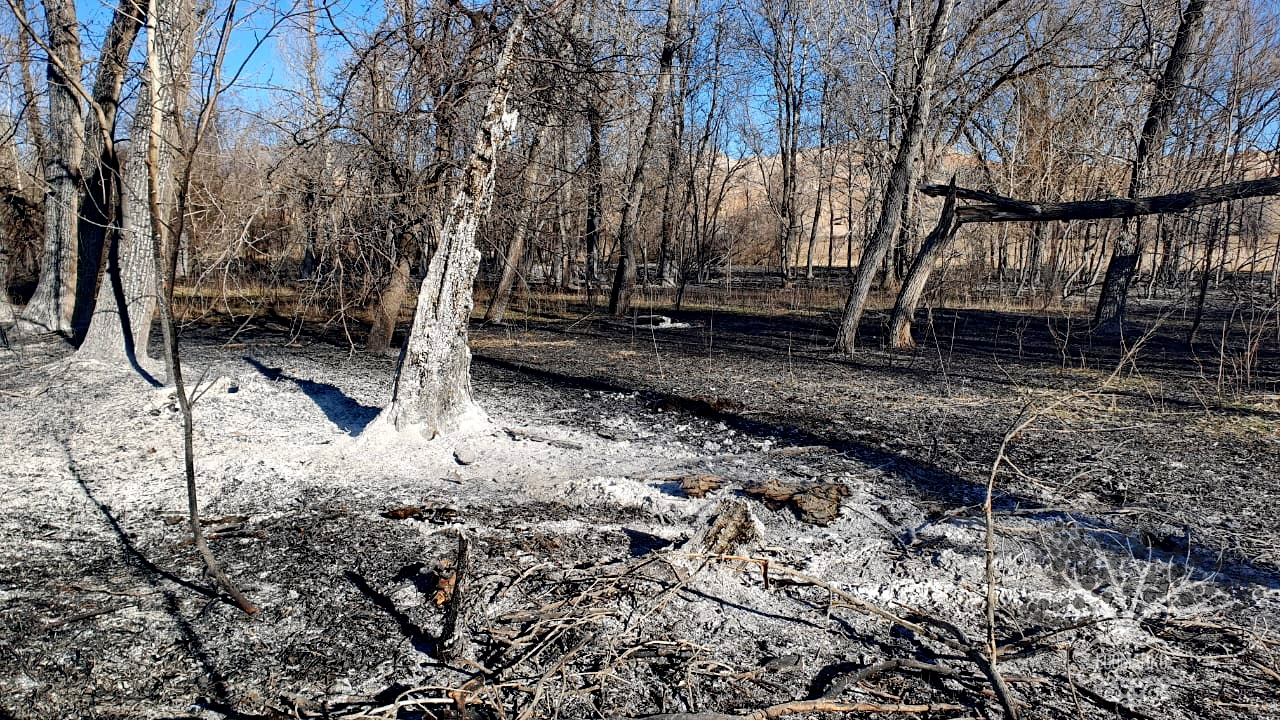


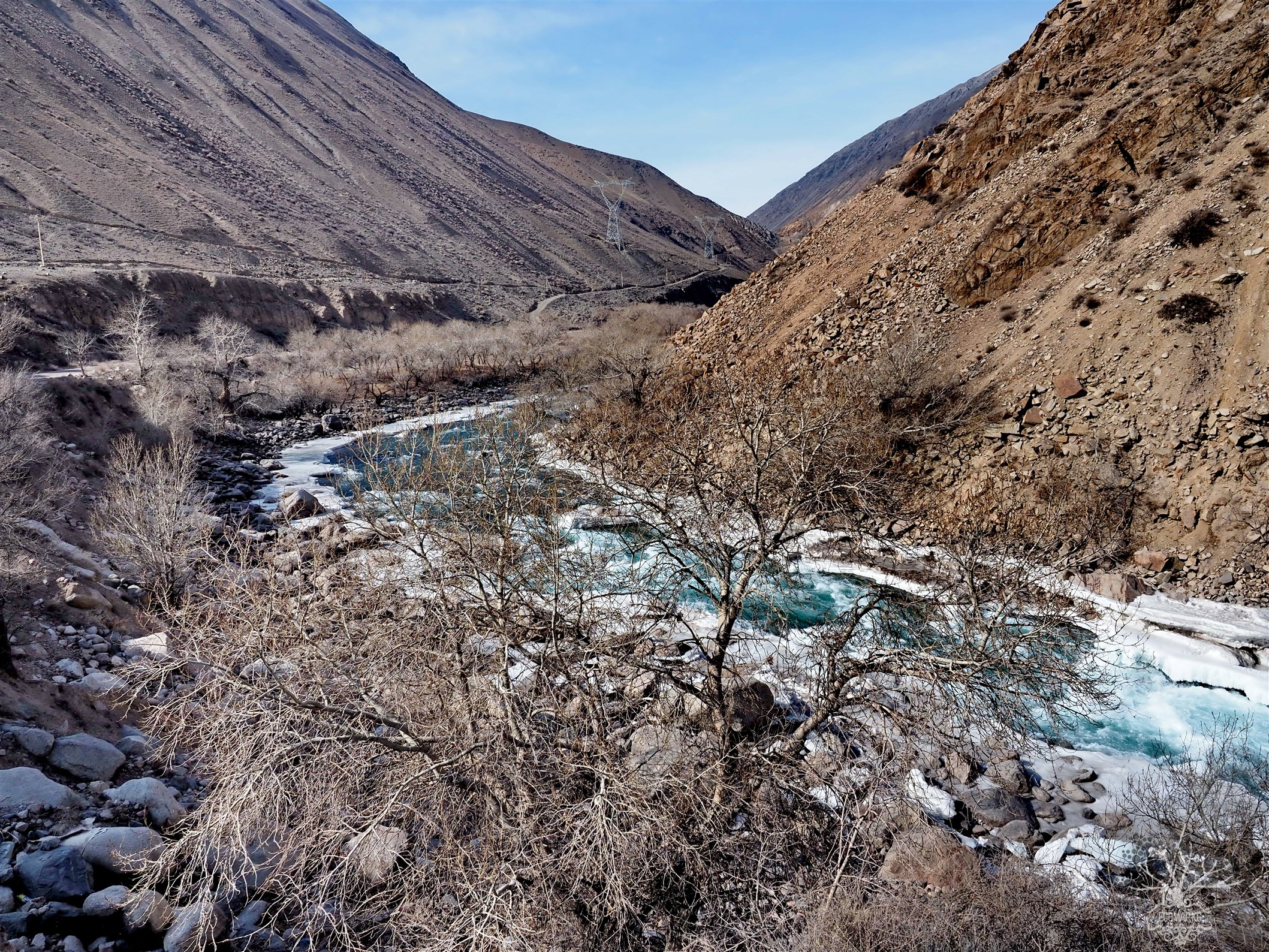
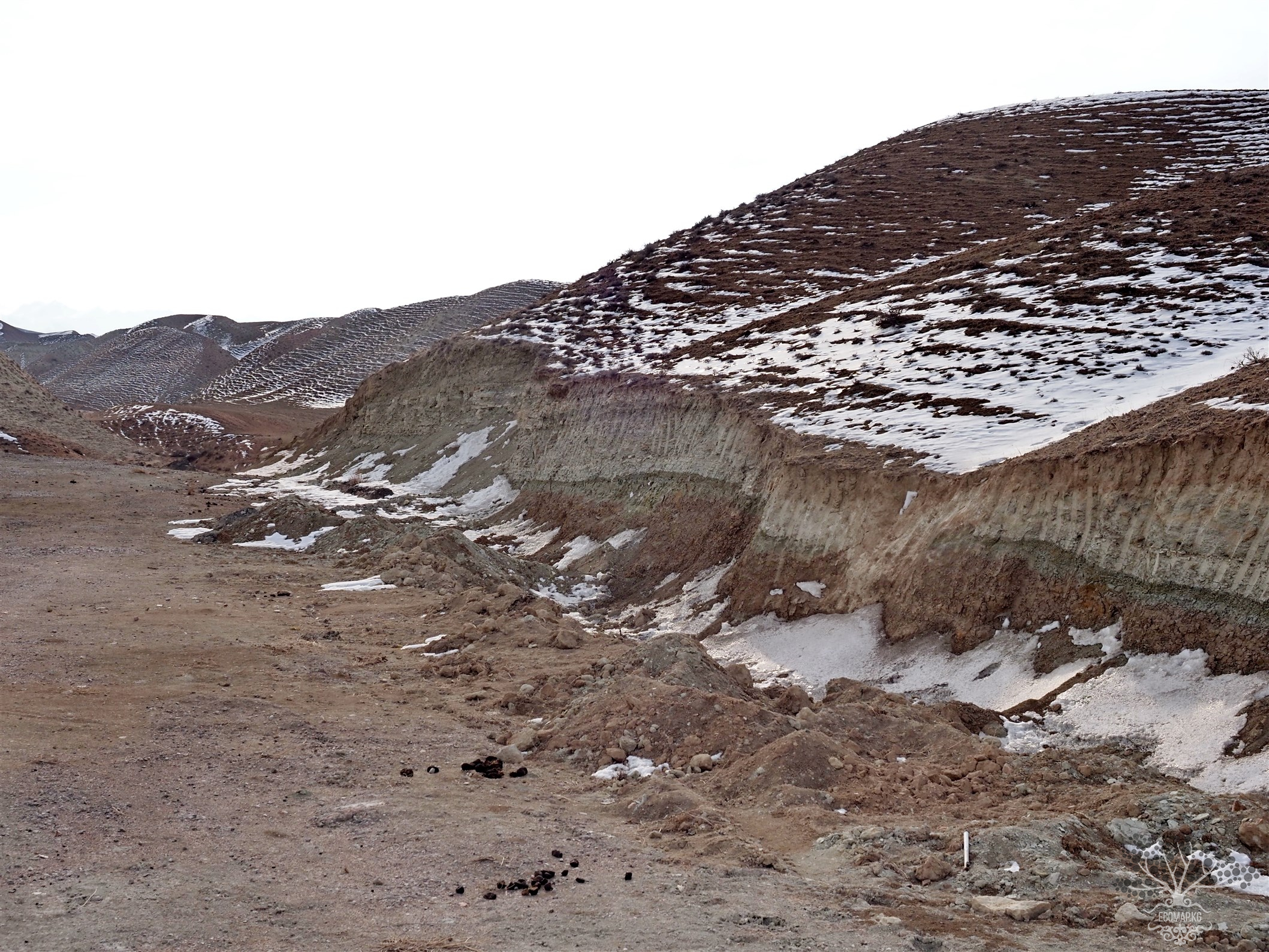
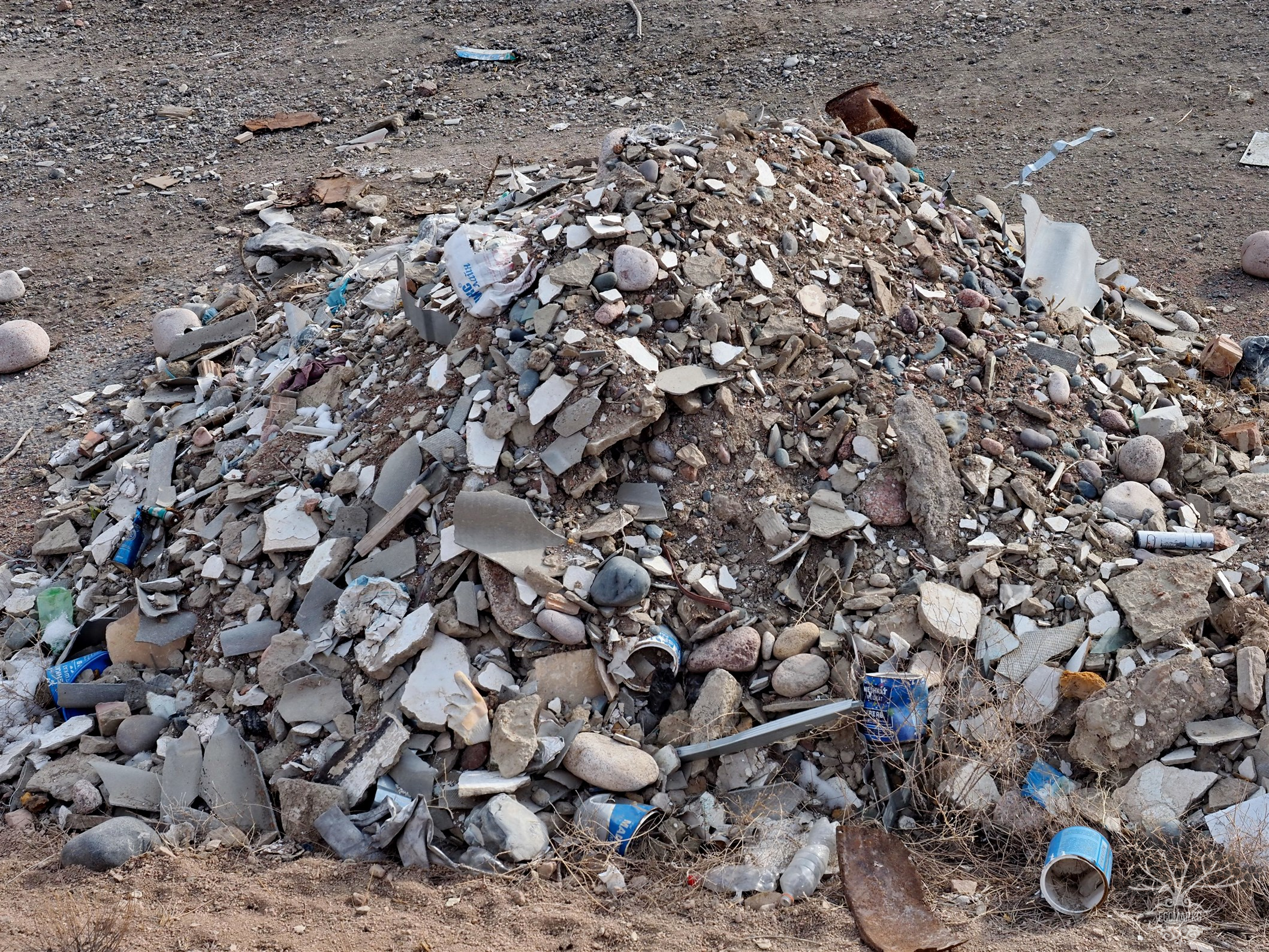
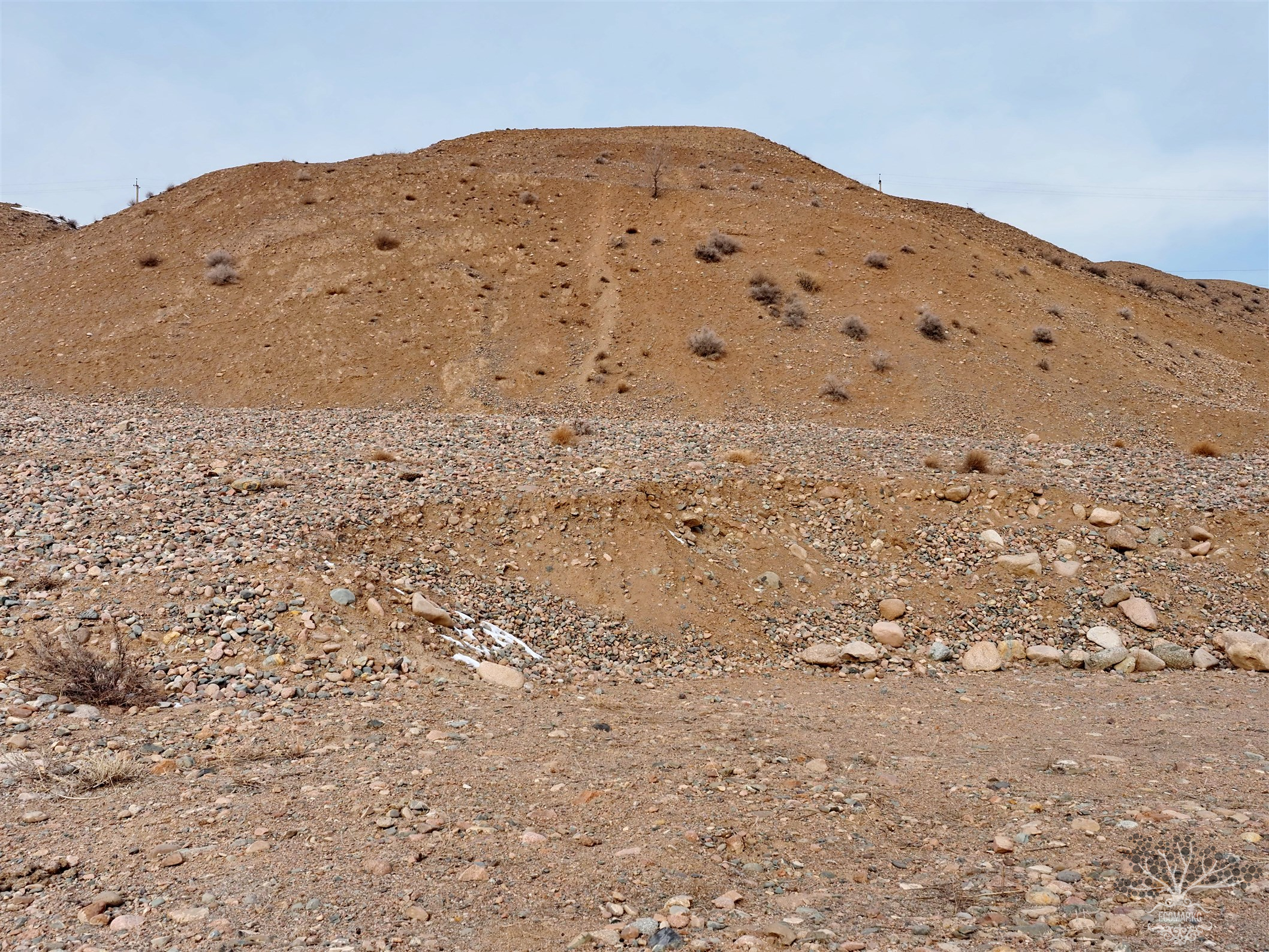


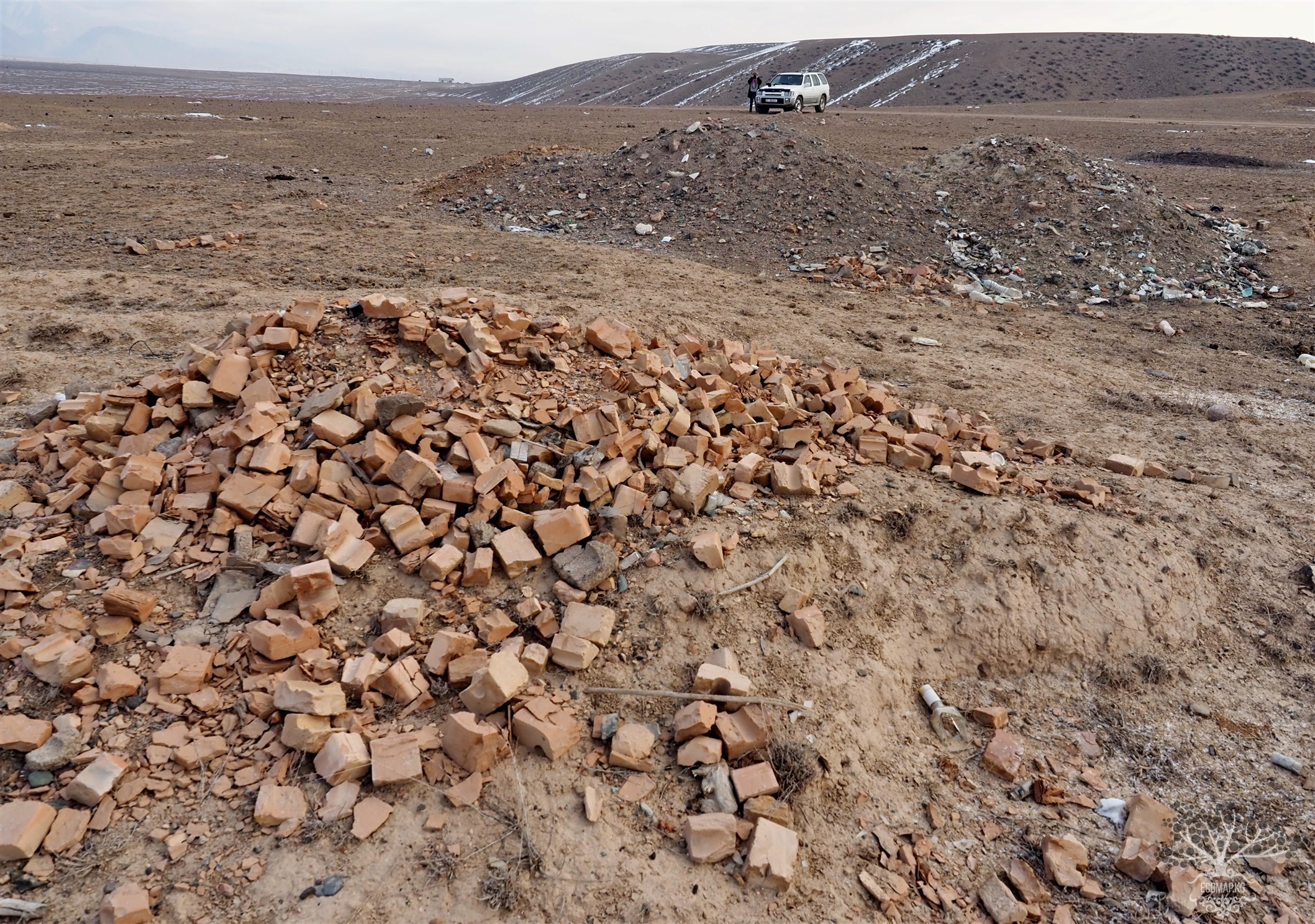
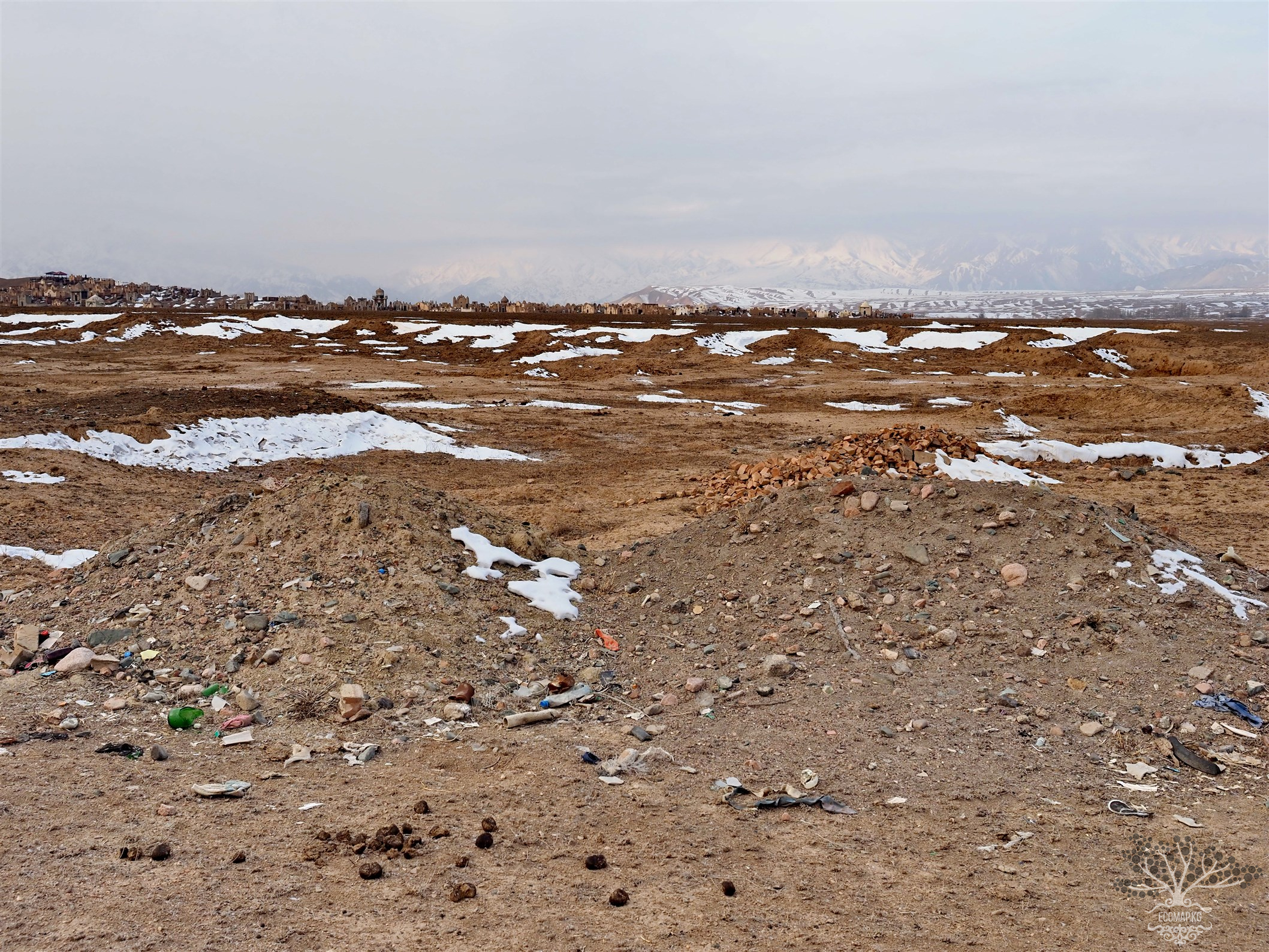

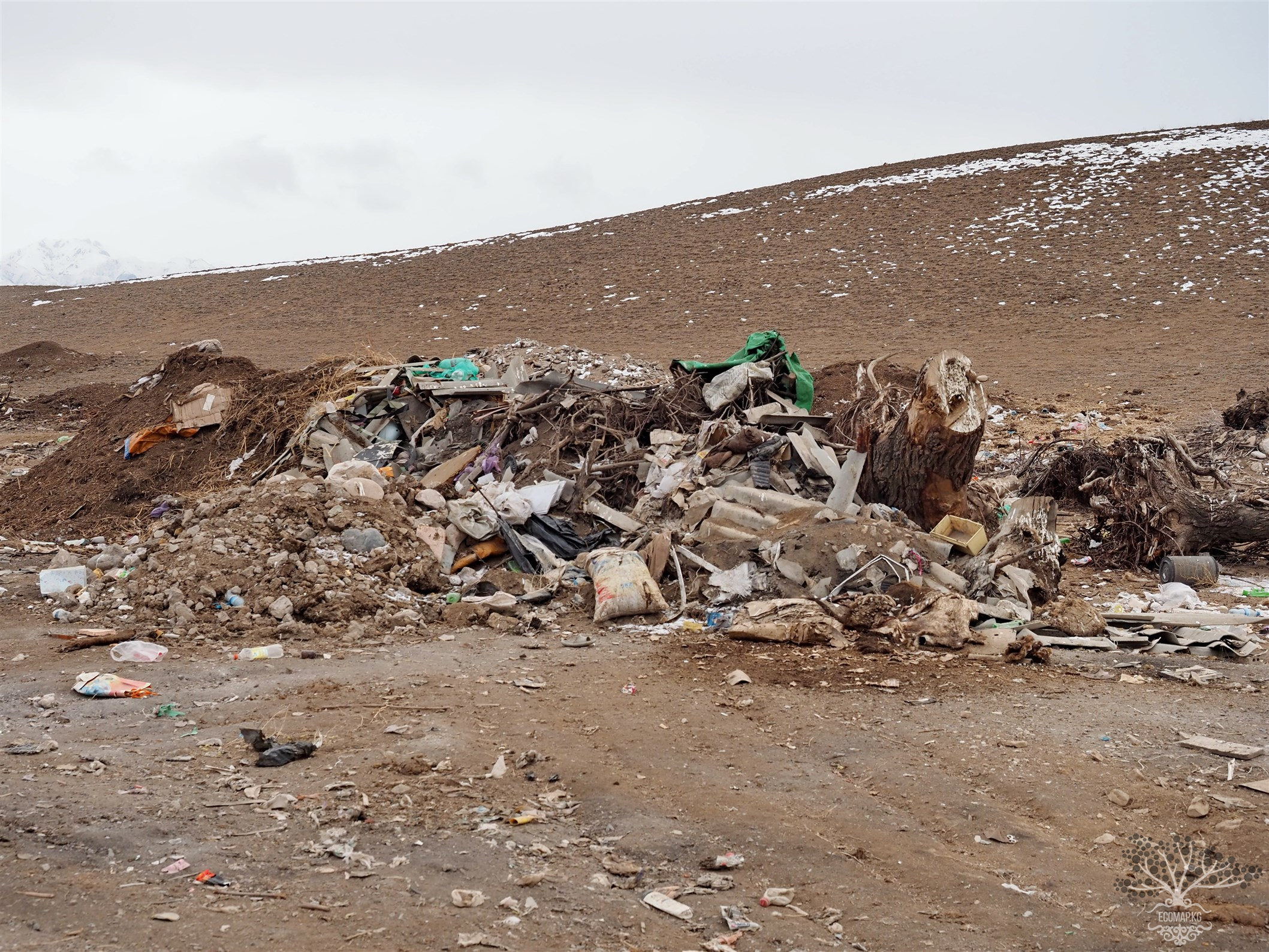
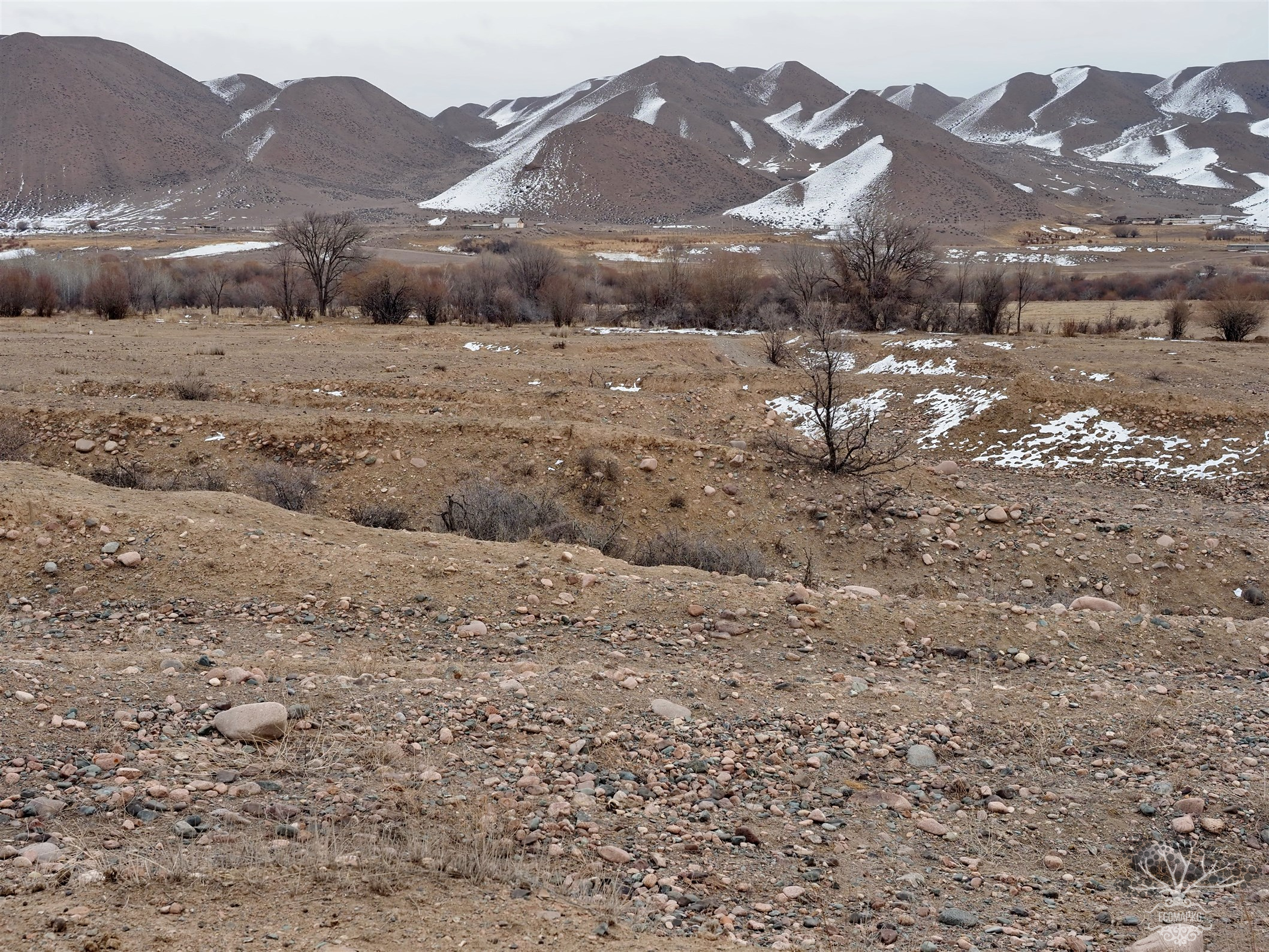
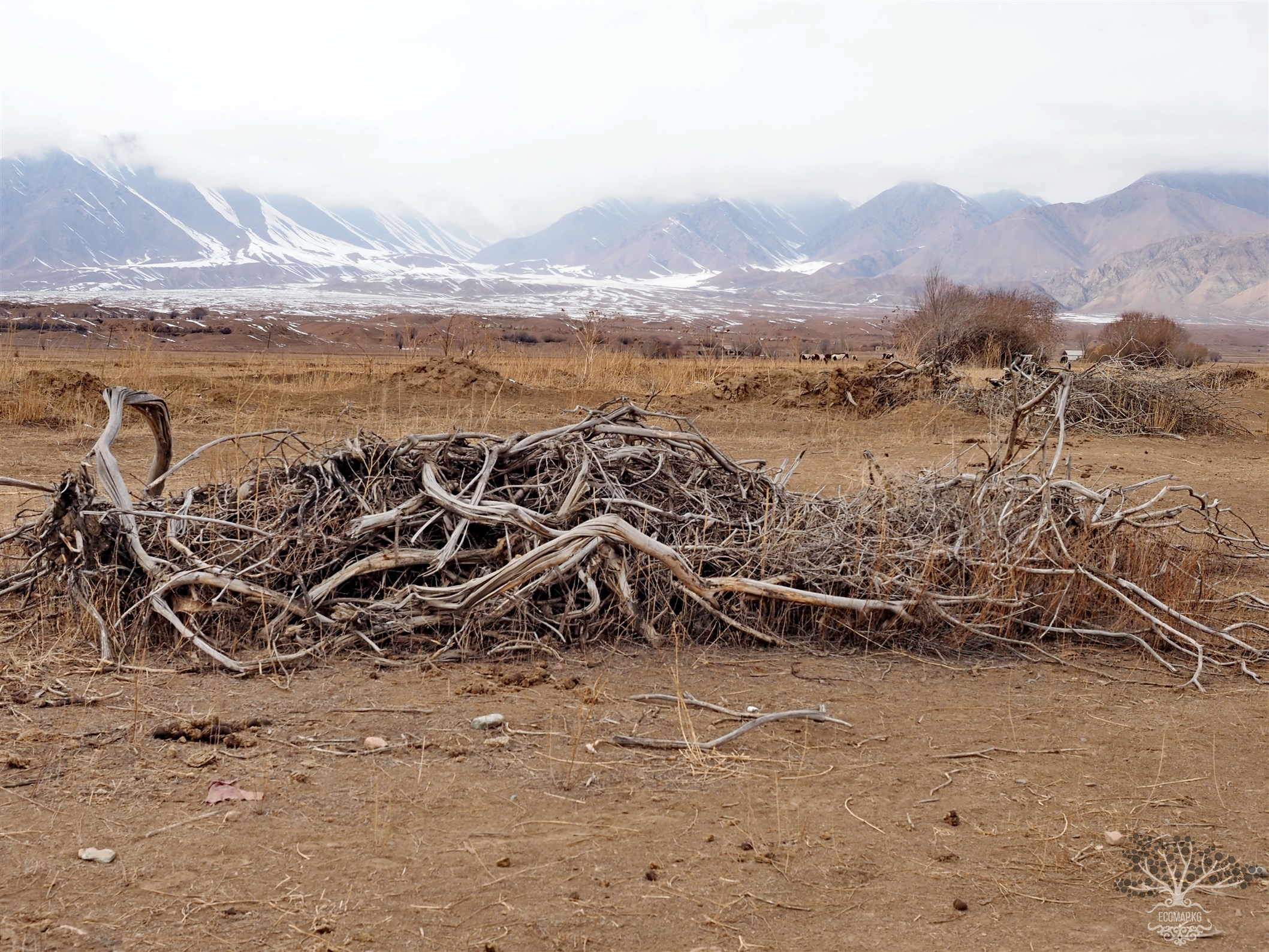
Attention: Information based on submitted complaints